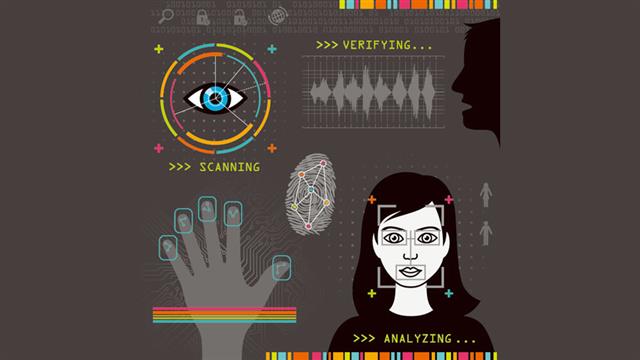As technology companies are rushing to provide alternatives to the method of password protection, we may have more secure and convenient solutions to passwords before long. What will we use when we kill passwords?
Many companies are exploring the possibilities of using biometrics to replace passwords. Fingerprints are the most well-known biometric identifier. You use this technology every time you leave or return to Hong Kong by using an e-Channel for immigration clearance.
Some analysts suggest that the proliferation of mobile devices can improve security by making it easier to use biometric authentication. Apple has made an early stab at this technology by embedding a fingerprint reader in its new smartphone. Other biometric data include palm prints, ear prints, irises, voices, faces. As reported by the Newsletter earlier, CUHK is one of those at the leading edge of this area. The facial recognition system developed by the research team from our Department of Information Engineering and the Department of Electronic Engineering is said to have achieved the highest accuracy rate (99.15%) in the world, regardless of changes in lighting and camera angles.
Looking further into the future, heartbeat, vein patterns, and gait are other possible biometric features that can be used. Researchers at the University of California, Berkeley, may offer a more futuristic solution. They are studying the use of brain waves as authentication and were reportedly able to distinguish between different people with 99% accuracy.
You don’t need some fancy equipment in sci-fi movies to detect these biometric data. With smartphones featuring powerful sensors like accelerometers, gyros, touchscreens, microphones, cameras, the necessary device is already in your pocket.
While biometrics seem to be a promising alternative to current username and password authentication, the technology is not perfect. For example, fingerprint scanners can be fooled by sophisticated fake fingerprints. There are privacy concerns about the widespread use of biometrics. Some companies have found employees resistant to handing over their fingerprints. And what if your smartphone is stolen? What if some foreign intelligence agencies decide to collect them? After all, it is easy to change your password, but changing your faces and thumbs requires more than just a few keystrokes.


